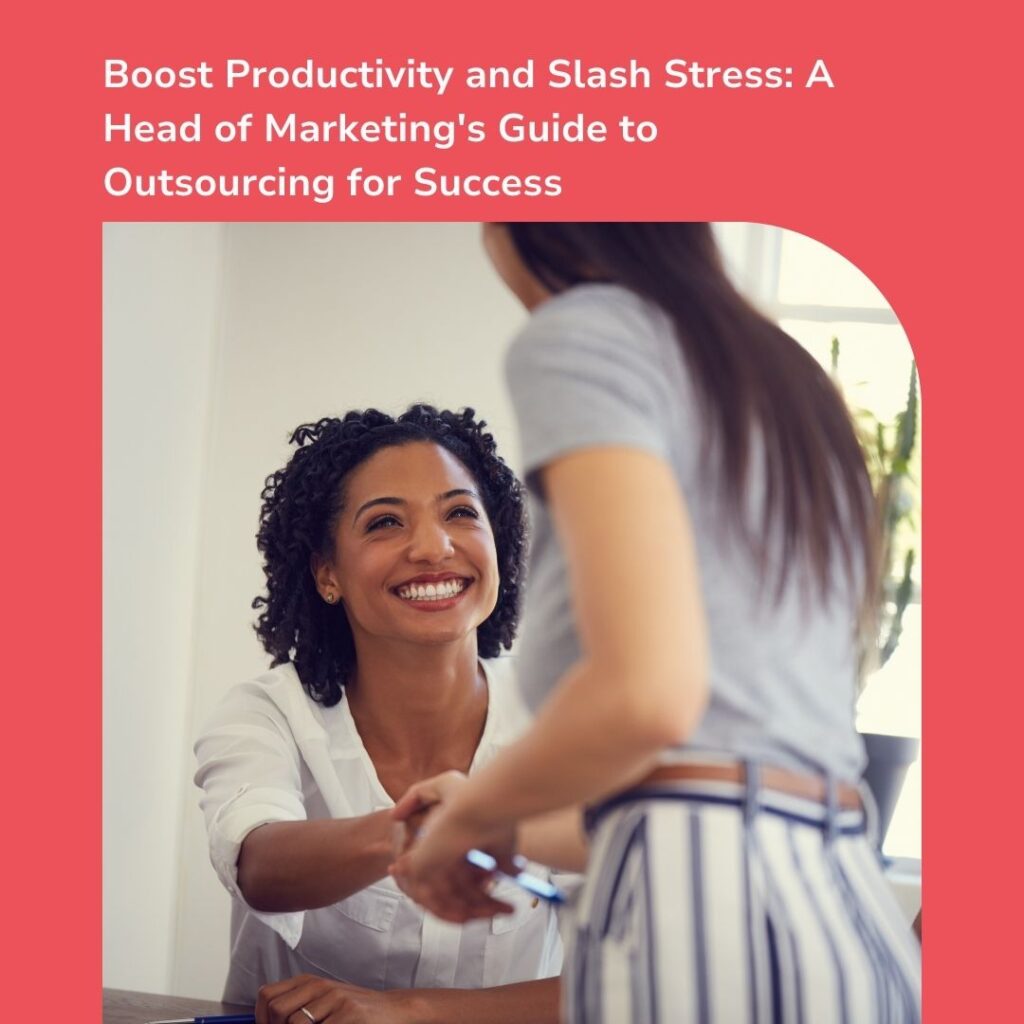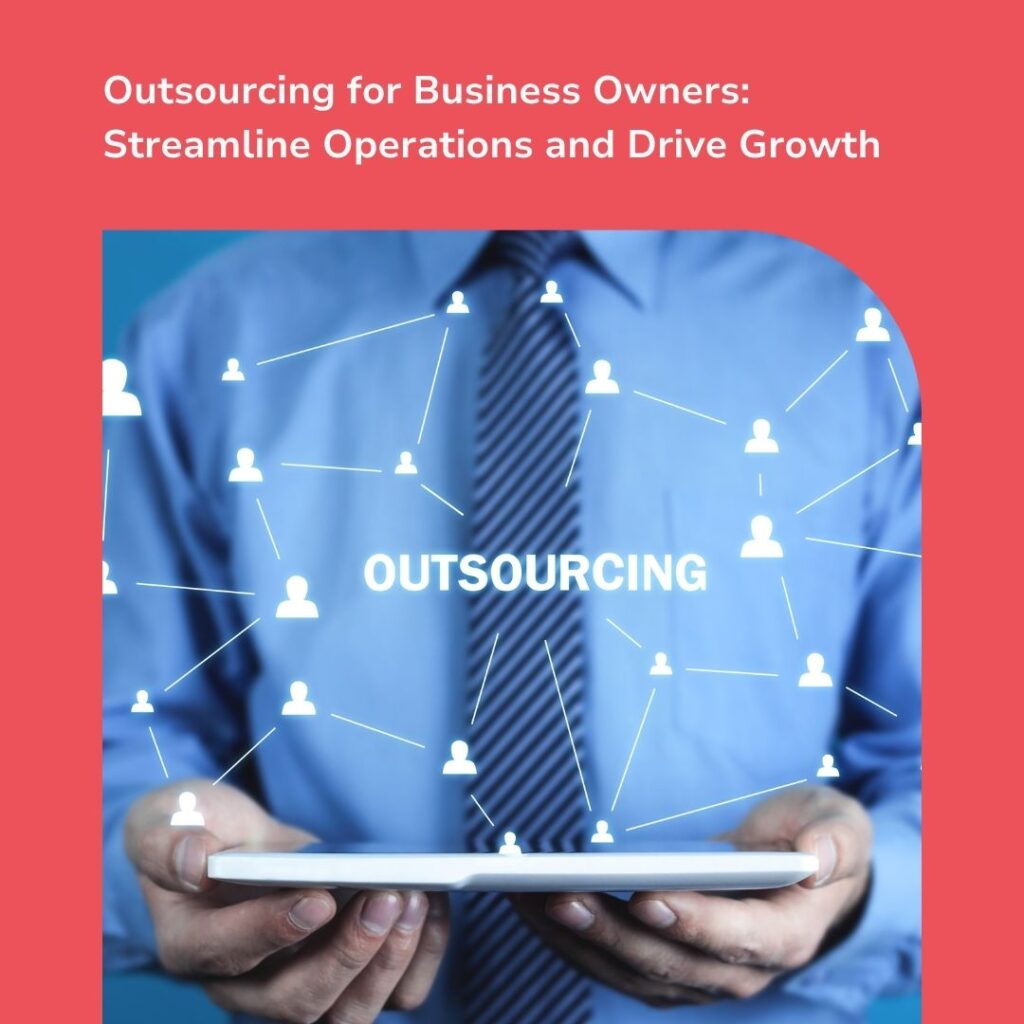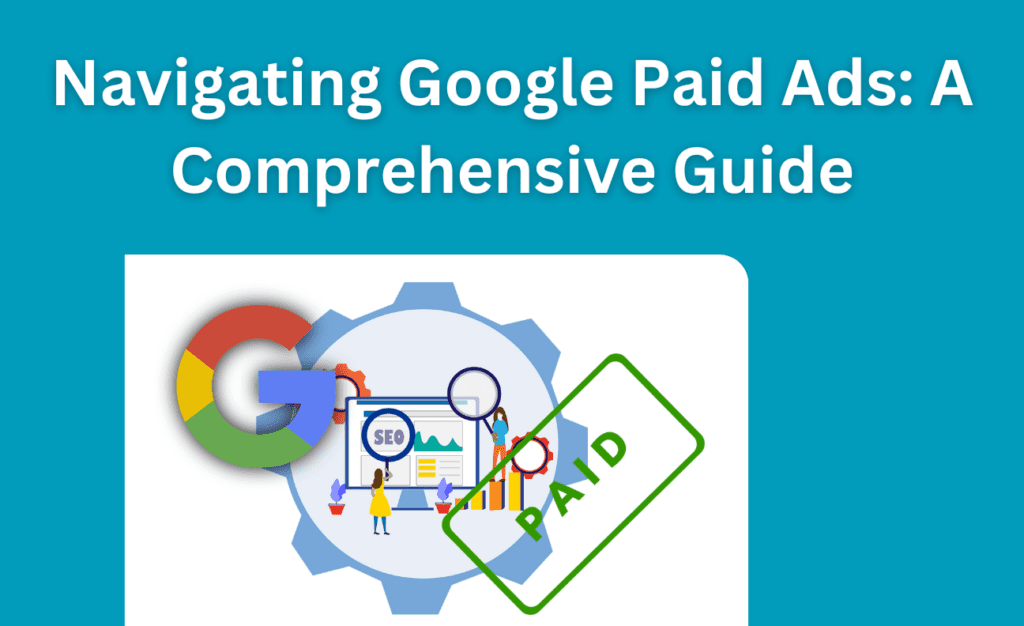Tags – Unilever Marketing Strategy
I have known Unilever since I was about 6.
Slight exaggeration, but you know what I mean. Before I knew Apple and Amazon, I knew Unilever. And during all this time: I have never seen them this often in the news.
Sadly, they have been in the news for mostly wrong reasons.
Let’s start by recapping where Unilever is going wrong, as it seems that there is no purpose behind their market approach.
Recent Events
What kept Unilever in the news for a while was their failed attempt to acquire GSK.
The final offer went up to £50 billion, which turned out to be not enough to close the deal.
Apparently, Unilever was interested in strengthening the sales of its vitamins and supplements, along with their extended portfolio of over-the-counter medicines, which would have been strengthened by the acquisition of GSK: one of the leading names in medicine.
If you are wondering whether £50 billion is a crazy number or not, given that we are talking of just ‘supplements’, the short answer is: yes. The global supplements industry is now worth in excess of £120 billion a year, and still growing. Plus, GSK would have brought expertise to Unilever that is not easy to come by, and would have elevated their whole medical engagement.
Well, the deal did not go through, as we said, but now we are seeing clear cracks in Unilever’s market penetration strategy. To begin, Unilever is about to axe 1,500 management level positions in a restructuring of the organisation, and continuing with their heavy campaigns around sustainability.
On top of all this, some of the key investors of Unilever are not happy with the direction of the organisation, questioning the over the top public stunts of potential greenwashing, and, as Terry Smith: the founder of Fundsmith and one of the key investors of Unilever puts it: all this is done at the “expense of focusing on the fundamentals of the business.”
And, it’s not hard to see where this criticism is coming from.
Campaigns Are Not Just Campaigns
Do you know: Hellmann’s Mayonnaise?
Unless you have been living under a rock, I am sure you know Hellmann’s mayonnaise – the product has existed since 1913, and was acquired by Unilever in 2000. To put it into perspective: 1913 is a year before the beginning of the 1st World War.
With that information, do you think Hellmann’s mayonnaise needs a new Purpose or Mission Statement, separate from the overall company?
Sure, why not.
Yeah, Unilever has been putting together a new Purpose Statement for Hellman’s Mayonnaise.
But, how much philosophy can you throw into that Mission Statement before you start sounding like you are going over the top?
Here, I agree with what Andy Last, CEO of MullenLowe Salt, said:
“Unilever’s fundamentals are its strong brands and distribution. Strong enough that two-and-a-half-billion people in 190 countries use those brands every day. Those two-and-a-half-billion people make up society and all of them live on this one planet. Which makes purpose and sustainability fundamental to business performance, rather than a distraction,”
P.S. Unilever is a client of MullenLowe Salt.
Even though I agree with the above statement, that’s where the whole problem for me exists too.
Where’s The Purpose?
Are we all screaming about sustainability because it is important?
I would hope so.
Are these brands actually taking action on sustainability?
Not always.
Can sustainability be the focal point of your whole marketing strategy?
Maybe, depending on the context.
And, for a company the size of Unilever; 190 countries and all; that switch of marketing to that extent to sustainability is a huge risk.
The reality is that if we want sustainability to become an automatic part of our business fundamentals; if we want it to be an expectation; you can’t be using it as the whole basis for your marketing strategy for a company that is already as widespread as Unilever.
And, if you do so: if you think that this is your purpose, you don’t actually have a purpose; you are just overbuying into an idea.
So, it seems that Unilever is just using the hottest topic to base their whole future on.
The worst part of all this is: when Unilever tried to do an actual business deal that would have added significantly to their market presence, i.e. acquisition of GSK, they could not get it through.
By the way, the whole value of Unilever is under £100 billion currently. How they were going to pull through with the GSK deal; I am going to let you think about it yourself. My head says: Unilever dodged a bullet for now, even with the potential positives that would have come with the deal.
To learn more, get in touch with us today.
You may also like:









